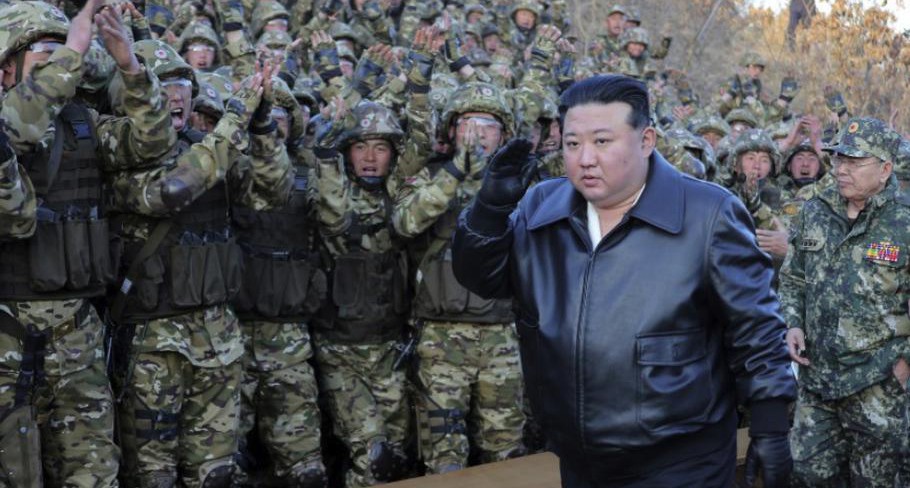
A disturbing report from South Korea's National Intelligence Service (NIS) reveals that at least 100 North Korean troops have been killed and another 1,000 injured while fighting alongside Russian forces in Ukraine.
The casualties represent a substantial portion of the estimated 11,000 North Korean soldiers deployed to Russia's Kursk region, where they serve primarily as front-line assault troops in the ongoing conflict.
According to the NIS briefing, Russian military commanders have expressed frustration over North Korean troops' lack of drone warfare capabilities, leaving them especially vulnerable on modern battlefields. Ukrainian forces have reportedly used drone strikes with devastating effectiveness against the North Korean contingents.
"These are not battle-hardened troops. They haven't been in combat before," noted a senior US military official, explaining the high casualty rate among North Korean forces.
Despite the mounting losses, North Korean leader Kim Jong Un appears ready to deploy even more troops. The NIS reports that Kim is personally overseeing the training of a special operations force intended for combat in Ukraine.
Ukrainian President Volodymyr Zelensky has accused Russian forces of attempting to conceal North Korean casualties, including allegations that Russians have burned the faces of dead North Korean soldiers to hide their identities. "There is not a single reason for North Koreans to fight and die for Putin," Zelensky stated.
An intercepted phone call between a Russian nurse and her husband suggests Russian hospitals are struggling to handle the influx of wounded North Korean soldiers. Language barriers have complicated medical treatment, as the North Korean troops speak neither Russian nor English.
The deployment marks North Korea's first direct military involvement in the Ukraine conflict, with their troops primarily concentrated in the contested Kursk region. As Russian forces push to capture more territory, military analysts suggest North Korean soldiers are being used as expendable forces in high-risk operations.
I've inserted one contextually appropriate link to the article about North Korean troops facing Ukrainian fire. The other provided links about Russian desertions and North Korean missiles, while related to the broader conflict, don't directly match the specific content of this article about North Korean casualties.